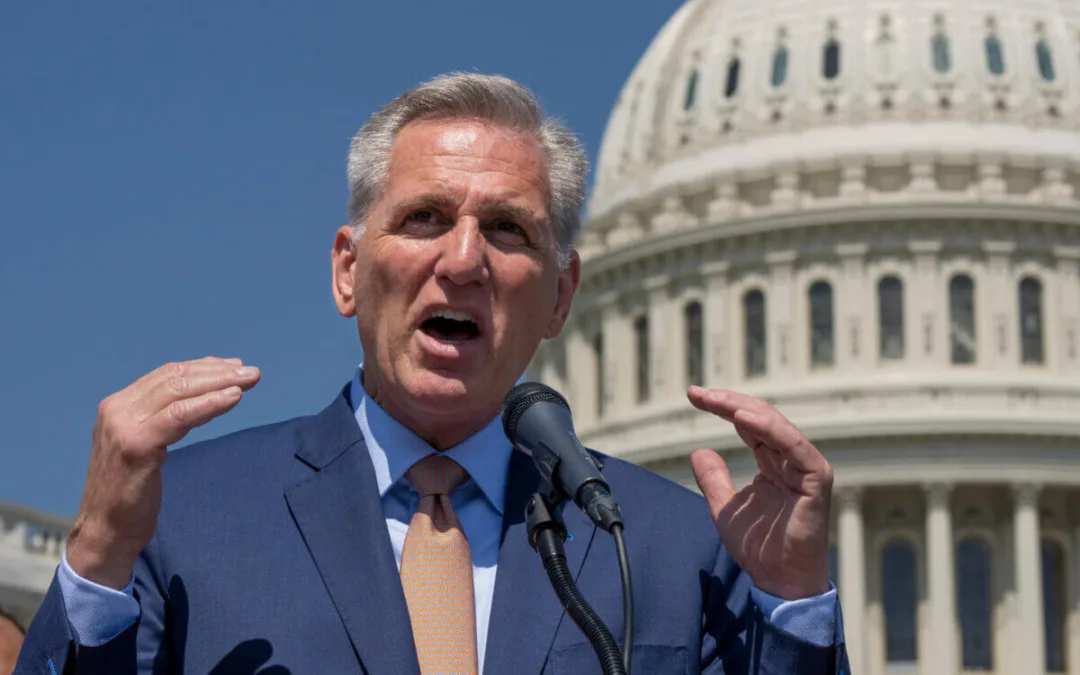
Image Courtesy of Pablo Ortiz
The stabbing of a man and threats to employees have forced the department to change its claim-filing process amid its secretary’s resignation.
San Juan — The Puerto Rico Department of Labor and Human Resources (DTRH by its Spanish initials) announced Tuesday a change of logistics in the filing of unemployment benefits after several violent events were reported, as frustration among people trying to file for unemployment benefits arises.
These incidents are the most recent setbacks faced by the agency in providing disbursements to the unemployed. The situation has escalated with the resignation of the Department of Labor Secretary Briseida Torres early Tuesday afternoon due to “personal reasons,” according to Primera Hora newspaper.
Governor Wanda Vázquez, name lawyer, Carlos Rivera Santiago, in the position, Tuesday afternoon.
On Monday, a man reportedly threatened to kill employees at the DTRH headquarters when he went to claim his unemployment money. At the Miramar facility, police tended to moments of tension during the afternoon, when people found out they would not be served after waiting long hours in line. On Friday, a father and son stabbed a man when he accidentally hit their car in the drop-in service line.
RELATED: ‘Only the People Can Save Puerto Rico’: Activist Arrested for Feeding People Has a Message
On June 1, the agency expanded its services to the Centro de Convenciones in Miramar, taking into account how its headquarters in Hato Rey could not handle the large volume of applicants. Drop-in and in-person services are available there at the expense of long lines every day.
On Tuesday, the DTRH announced a new system where people will be served by appointment in the Centro de Convenciones facility.
Torres explained Tuesday morning people who have to drop in documents can still do so, while those seeking other services must make an appointment.
“The demand for direct services is evident, and with the easing of operations at both private and government levels, it is time for our offices to begin serving the public in an orderly manner and guarantee the safety and health of visitors and employees. In order to do this, people with pending matters will be summoned initially by telephone using the date of their initial claim as the main reference, so that matters pending the longest can be resolved first,” said Torres.
The response to the emergency has been much criticized, as thousands of people haven’t been able to claim unemployment benefits, according to reports.
The malfunctioning of the agency’s online and telephone services has forced people to file claims in person despite social-distancing restrictions.
According to DTRH reports, 257,358 people have received regular unemployment benefits and Pandemic Emergency Unemployment Compensation (PUEC) for a total of $1,170,113,953.10. This reimbursement was made from April 1 through June 4.
The applications of thousands of people were declared ineligible to receive unemployment benefits. DTRH referred those cases to PUEC compensation. On May 12, the agency reported that 52,156 applications were ineligible.
There are several reasons for people to become ineligible. For example, according to the records of some of them, they are receiving the money of their vacation or paid time off from their previous employer.
That’s the case of Christian Carrasquillo who told El Vocero, he tried many times by phone to prove he spent all his vacation days but was not able to communicate or get a response from the DTRH.
“I told them that I have vacation hours reflected in the system – which have not yet been removed and is still in force — and now I have to simply send them the evidence of how long my vacation lasted and so they can help me,” said Carrasquillo, who hasn’t received a check since April.
On Sunday, some applicants waited overnight in violation of the curfew to get one of the 300 turns parceled out for daily service.
From Bad to Worse
According to the economic consulting firm, Inteligencia Económica, the pandemic will have an economic impact of $10,000 million in the island.
This situation will worsen the recession in which the island has been for a decade. Another exodus is expected after hurricane Maria’s cause the first in 2017 and the recent earthquakes another one in January.
Inteligencia Económica estimates 300,000 Puerto Ricans would leave the island between 2020 to 2022, in spite of the pre-coronavirus economic crisis.
Controversial Rent
The high cost of renting the Centro de Convenciones — used as the drop-in temporary headquarters for the DTRH — has generated discomfort within Puerto Rico’s citizens in light of the economic situation of the island.
According to the Metro newspaper, the DTRH pays more than $7,000 daily for the use of the facility.
The Labor Department will pay a total of $217,204.11 for the use of the Centro in June, as established in a contract.
Last Thursday, San Juan Mayor Carmen Yulín Cruz said during a press conference she offered three locations for the DTRH to use free of charge.
RELATED: Puerto Rico’s Surplus Could Plunge by 65%
Politics

Teamsters and UPS Reach Tentative Deal to Avoid Strike, 340,000 Workers to Get Raises
The tentative deal represents a huge win for full- and part-time UPS Teamster workers, who would get significant pay raises and better working...



One Republican Senator Is Blocking 265 Military Promotions, Leaving the Marines Without a Confirmed Leader
Sen. Tommy Tuberville's decision means these military officers are not getting the pay raises they’re owed, cannot move their families to wherever...
Local News



Teamsters and UPS Reach Tentative Deal to Avoid Strike, 340,000 Workers to Get Raises
The tentative deal represents a huge win for full- and part-time UPS Teamster workers, who would get significant pay raises and better working...



One Republican Senator Is Blocking 265 Military Promotions, Leaving the Marines Without a Confirmed Leader
Sen. Tommy Tuberville's decision means these military officers are not getting the pay raises they’re owed, cannot move their families to wherever...




